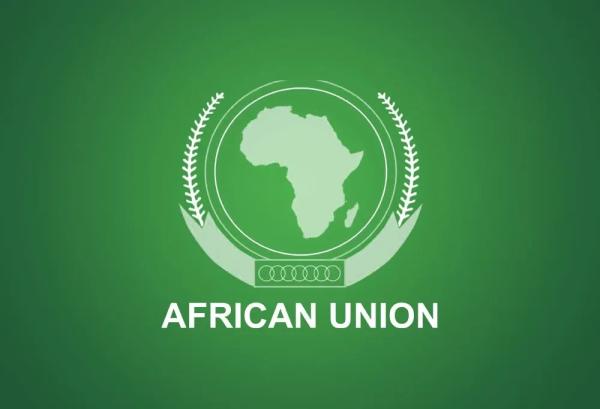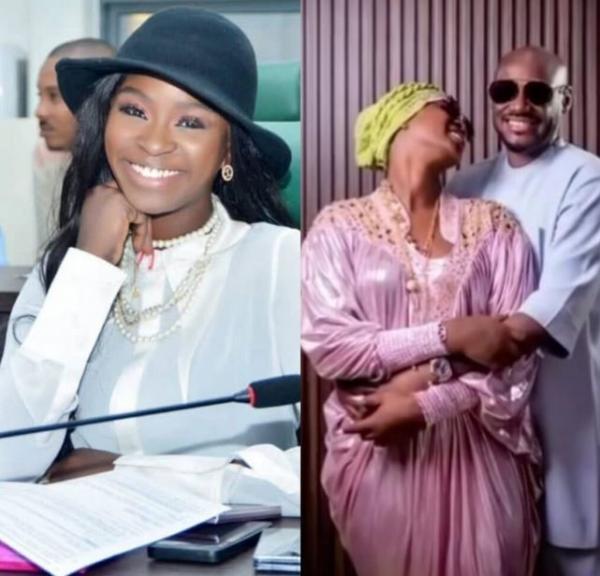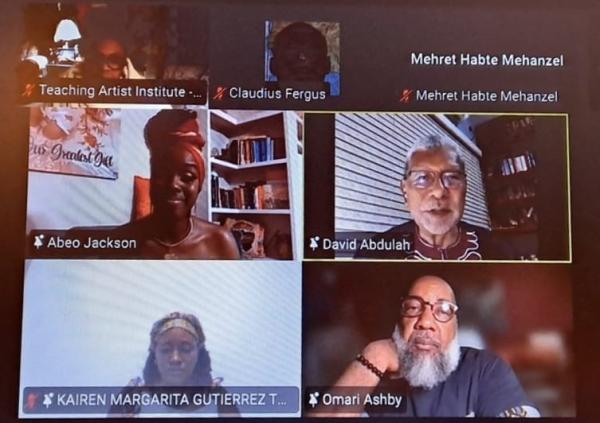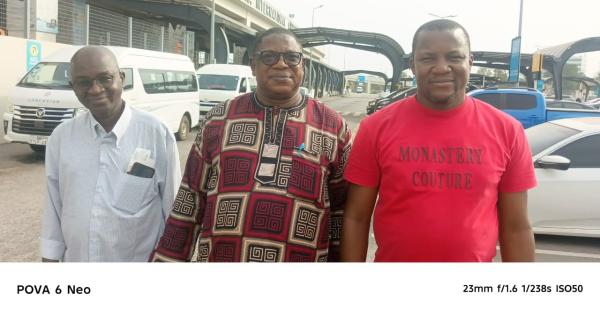
Four senior African politicians — from Djibouti, Kenya, Madagascar and Mauritius — have thrown their hat into the ring to take over the African Union’s top post.
The pan-continental body, which has 55 member states, will hold elections at its summit in February to choose a successor to Moussa Faki Mahamat as chair of the African Union Commission.
This year the role is reserved for a representative from East Africa to replace Faki, a veteran politician from Chad who has served since 2017.
The African Union issued a statement listing the four candidates as Mahamoud Ali Youssouf of Djibouti, Raila Odinga of Kenya, Richard Randriamandrato of Madagascar and Anil Gayan of Mauritius.
“I am the only candidate capable of bridging the gap between the different regions of Africa, being French-speaking, but also English-speaking and Arabic-speaking,” said Djibouti’s Youssouf.
The 58-year-old has been foreign minister of the tiny but strategic Horn of Africa nation since 2005.
“My primary objective if I am elected is to silence the guns” on the continent, he told AFP in an interview last month.
His main rival is veteran Kenyan opposition leader Odinga, who at 79 has tried and failed five times to become president, most recently losing the 2022 election to William Ruto.
Odinga spent his early years in politics either in jail or in exile, fighting for democracy during the autocratic rule of president Daniel arap Moi.
“We are focused on bringing the seat home for Kenya and serving the African people,” Odinga said on X last month announcing his formal candidacy.
Gayan, 76, served as foreign minister of the Indian Ocean island nation of Mauritius between 1983 and 1986 and again from 2000 to 2003 and has since held other posts including at the tourism and health ministries.
Randriamandrato was Madagascar’s foreign minister from March to October 2022 but was fired after voting at the United Nations to condemn Russia’s annexations of four Ukrainian regions.
Madagascar has followed a non-aligned position on the war in Ukraine.
The election is conducted by secret ballot, and the winner must secure a majority of two thirds of the vote among eligible member states.
The AU commission chair — effectively the body’s chief executive — serves a four-year term, renewable once.






















